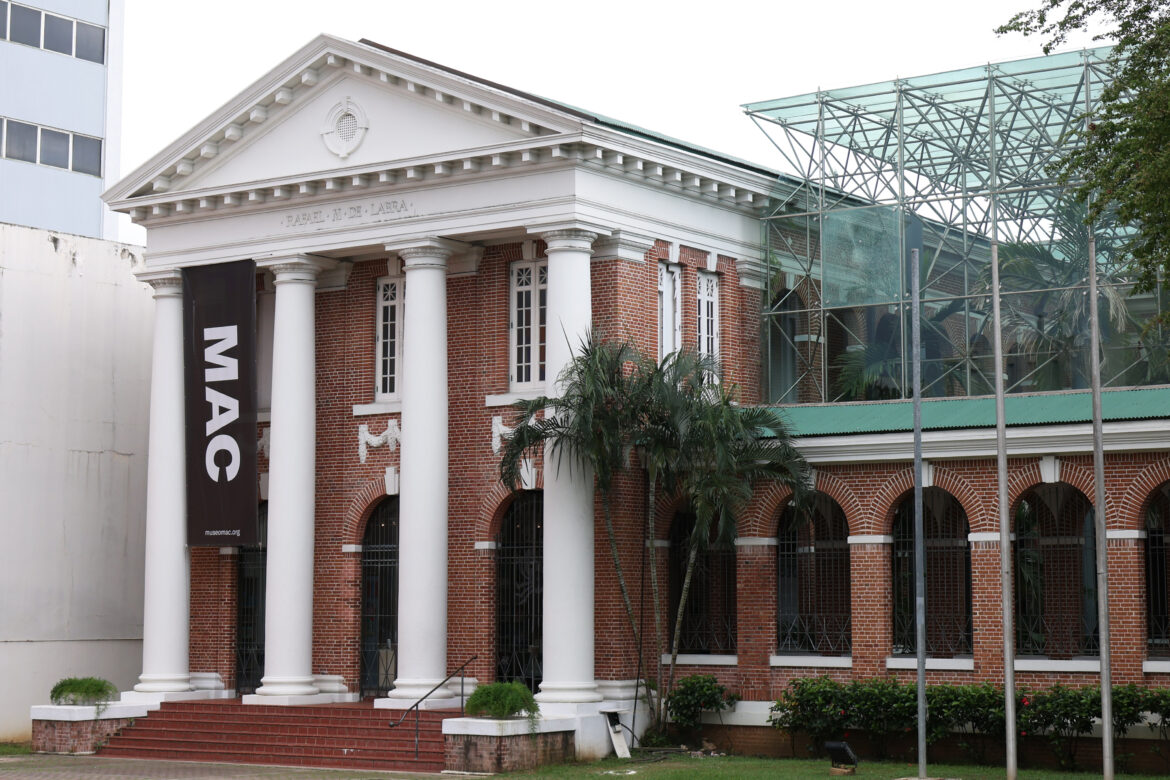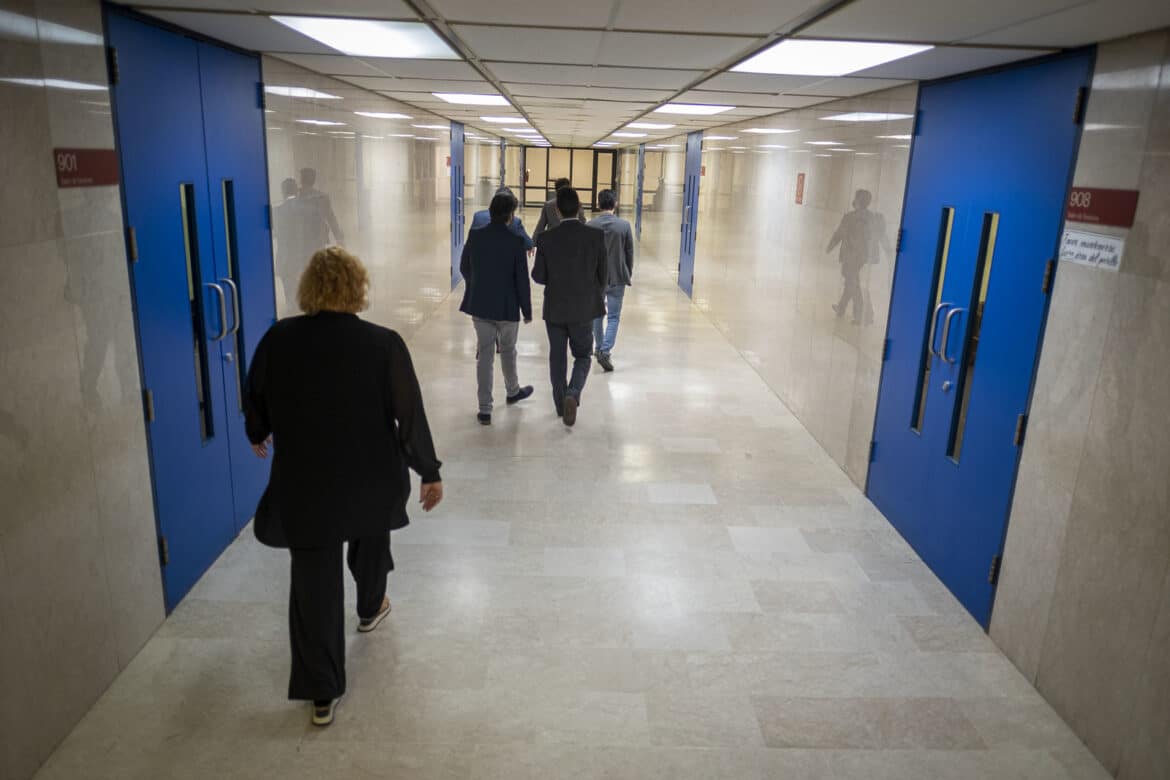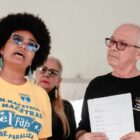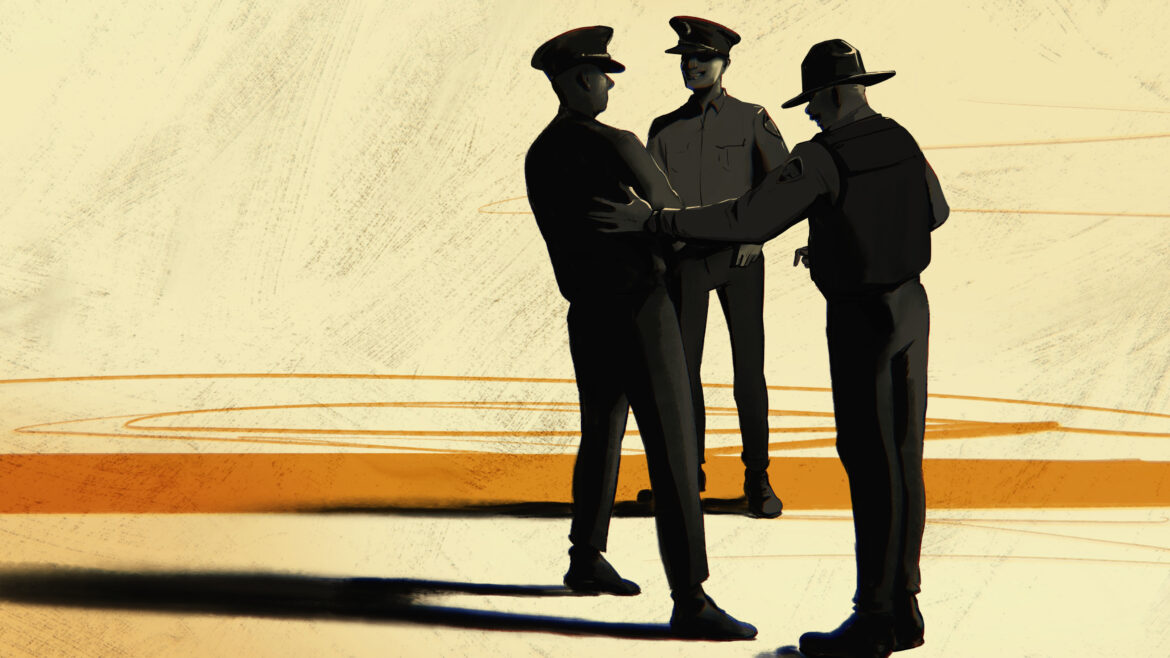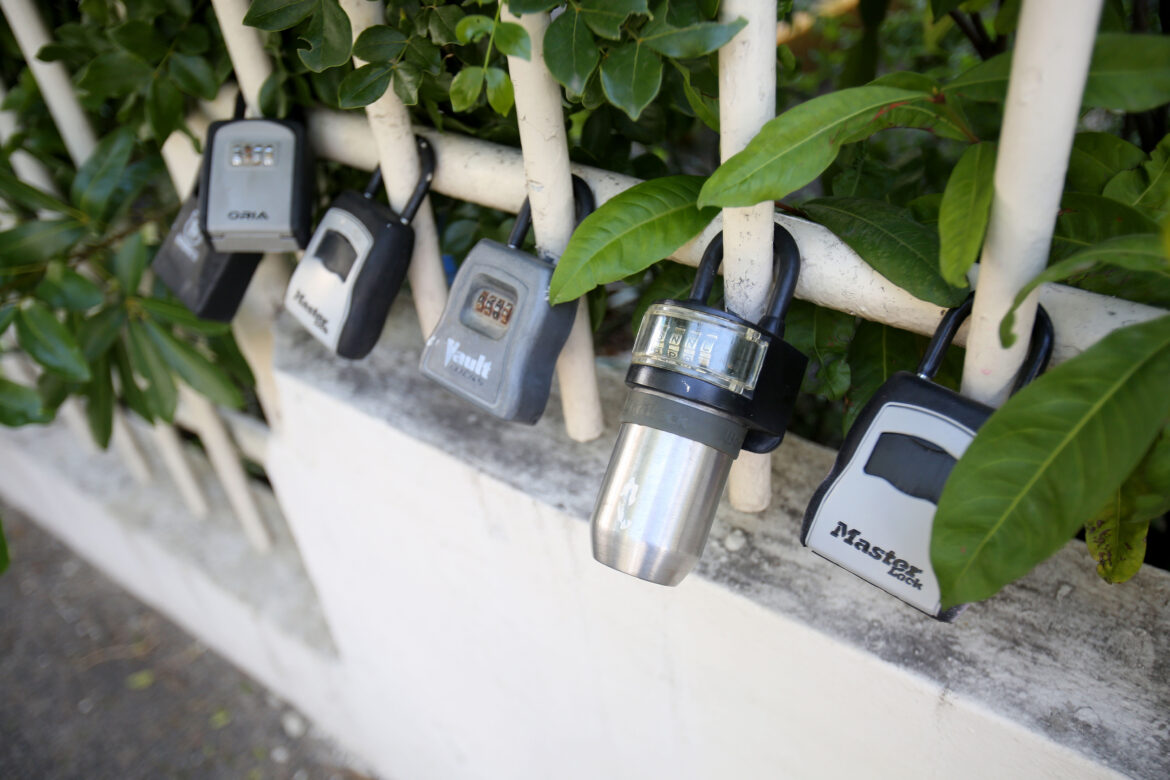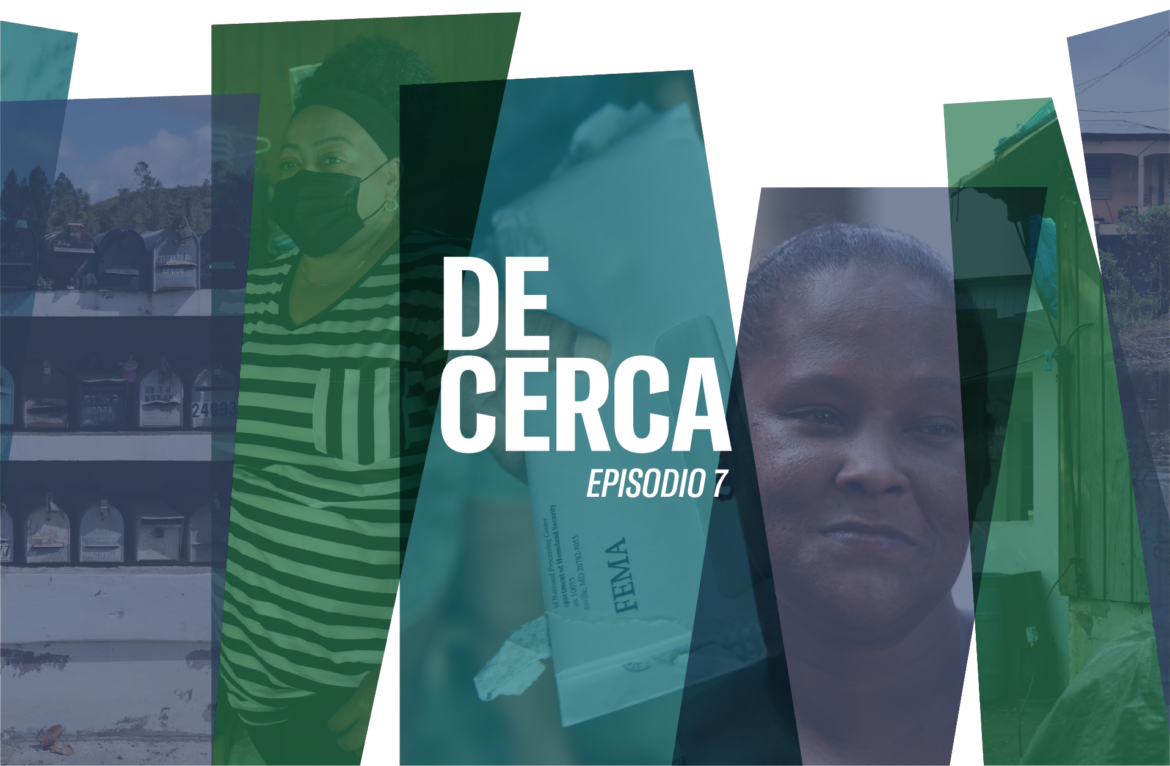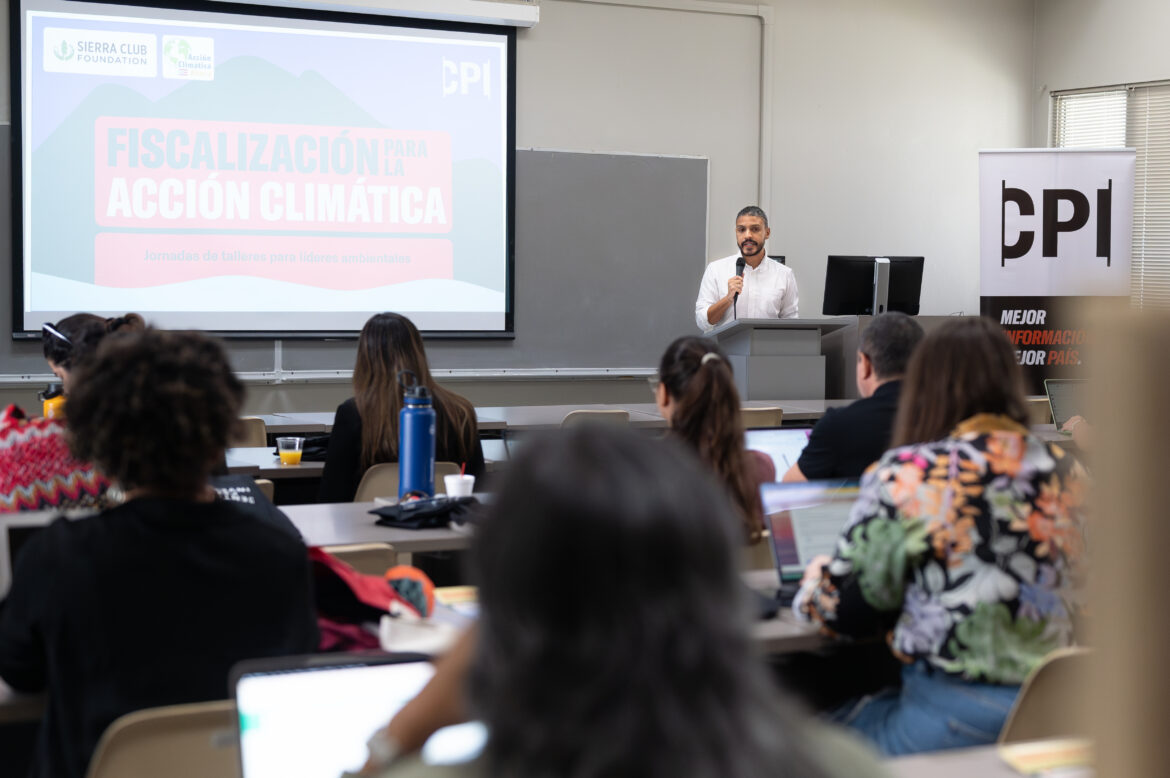Noticias CPI
Caribe Fest 2024 discutirá el impacto de las olas de calor en Puerto Rico y el Caribe
|
San Juan – Agricultores, científicos, periodistas, pescadores, líderes comunitarios, deportistas, y activistas ambientales se encontrarán durante dos días para hablar sobre el impacto de las olas de calor extremo como consecuencia de la crisis climática en el Caribe Fest 2024, un evento organizado por el Centro de Periodismo Investigativo (CPI) que se celebrará el viernes 12 y sábado 13 de abril en el Museo de Arte Contemporáneo (MAC) en Santurce. El Caribe Fest 2024 incluye paneles, conferencias y talleres, además de recorridos guiados por La Placita de Santurce, Trastalleres, la Calle Loíza, los Murales de Santurce y la Avenida Ponce de León. Habrá un mercado artesanal, y Para La Naturaleza regalará árboles a los asistentes. También habrá un recorrido por la exposición de arte Puerto Rico Negrx, del MAC, y música en el cierre el sábado con Los Pleneros de la Cresta. Los niños entrarán gratis, y el sábado habrá un Rincón de la Niñez con lecturas de cuentos y actividades sobre temas ambientales.


